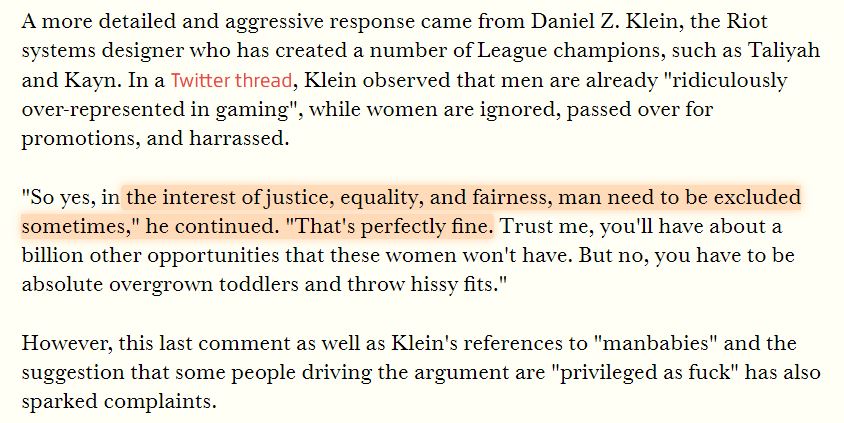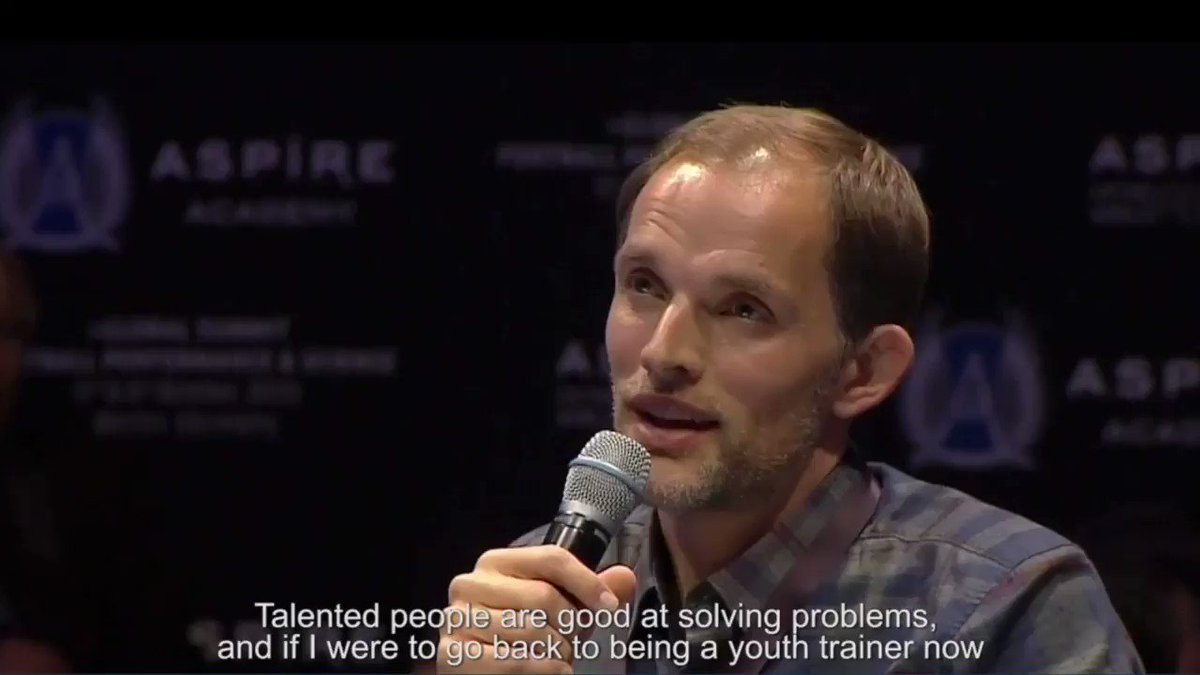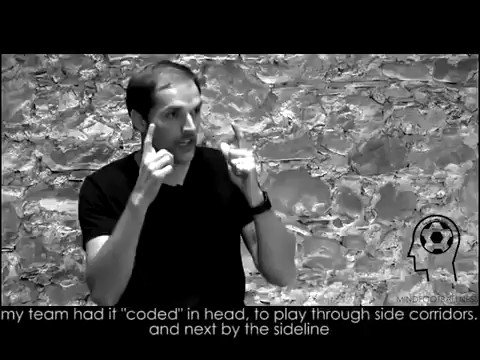You CANNOT say that in one activity you are helping players build representations/memory (cognitive) and in another activity you’re helping players attune to specifying information in the environment (ecological).
A (long) thread on why Andrew is correct but ultimately incorrect…
Andrew is correct at the neurological level. The cognitive and ecological explanations of the brain and behaviour are completely different. Saying you’re an eclectic coach at this level is like saying you
Many coaches advocate for picking and choosing methods from a variety of theoretical camps, on the premise that which is best \u2018depends\u2019 on the player, the coach, etc and you want the biggest toolkit you can get.
— Andrew D Wilson (@PsychScientists) November 27, 2020
I think this is an error, which I will now attempt to defend
You CANNOT say that in one activity you are helping players build representations/memory (cognitive) and in another activity you’re helping players attune to specifying information in the environment (ecological).
He is basing his critique of an ‘it depends’ stance at a neurological ‘representations vs information’ level (see his thread). But this isn’t the level that
Further, Andrew mentions that picking and choosing coaching methods that ‘come from both camps’ is an incoherent idea for
As a constructivist (cognitive) I can use social constructionist (ecological) methods. And I do! I’m trained in SFBT (a social constructionist therapy)
In summary, coaches can use any method they so choose for their
More from Sport
You May Also Like
The first area to focus on is diversity. This has become a dogma in the tech world, and despite the fact that tech is one of the most meritocratic industries in the world, there are constant efforts to promote diversity at the expense of fairness, merit and competency. Examples:
USC's Interactive Media & Games Division cancels all-star panel that included top-tier game developers who were invited to share their experiences with students. Why? Because there were no women on the
ElectronConf is a conf which chooses presenters based on blind auditions; the identity, gender, and race of the speaker is not known to the selection team. The results of that merit-based approach was an all-male panel. So they cancelled the conference.
Apple's head of diversity (a black woman) got in trouble for promoting a vision of diversity that is at odds with contemporary progressive dogma. (She left the company shortly after this
Also in the name of diversity, there is unabashed discrimination against men (especially white men) in tech, in both hiring policies and in other arenas. One such example is this, a developer workshop that specifically excluded men: https://t.co/N0SkH4hR35

USC's Interactive Media & Games Division cancels all-star panel that included top-tier game developers who were invited to share their experiences with students. Why? Because there were no women on the
ElectronConf is a conf which chooses presenters based on blind auditions; the identity, gender, and race of the speaker is not known to the selection team. The results of that merit-based approach was an all-male panel. So they cancelled the conference.
Apple's head of diversity (a black woman) got in trouble for promoting a vision of diversity that is at odds with contemporary progressive dogma. (She left the company shortly after this
Also in the name of diversity, there is unabashed discrimination against men (especially white men) in tech, in both hiring policies and in other arenas. One such example is this, a developer workshop that specifically excluded men: https://t.co/N0SkH4hR35


































